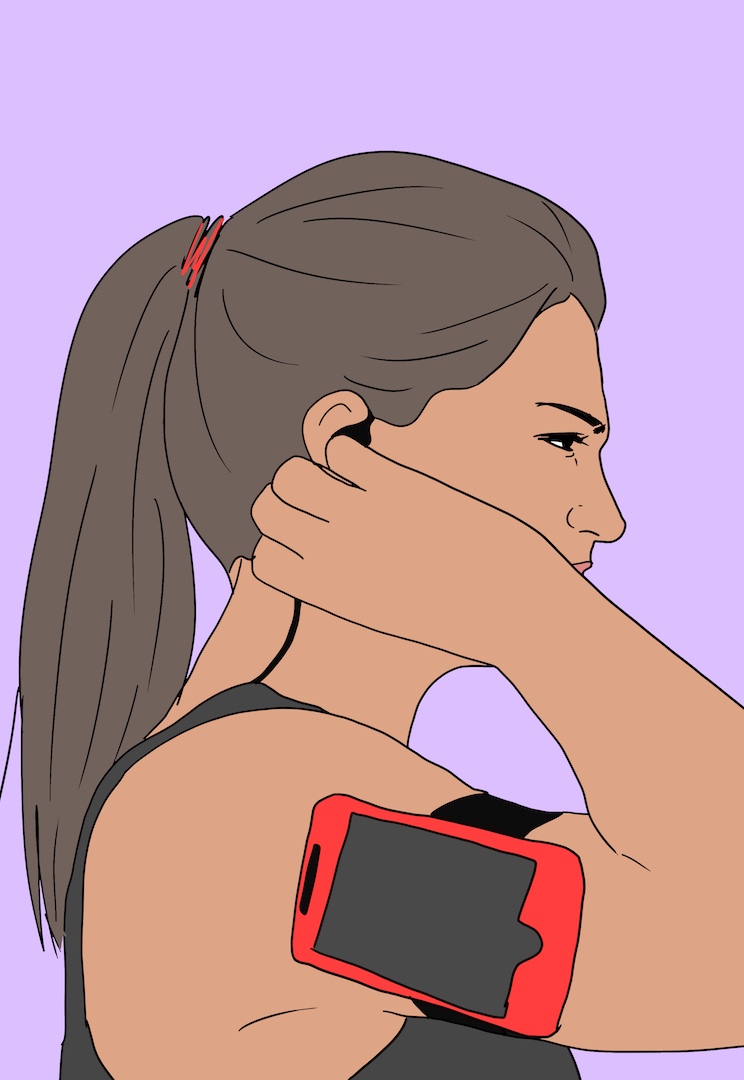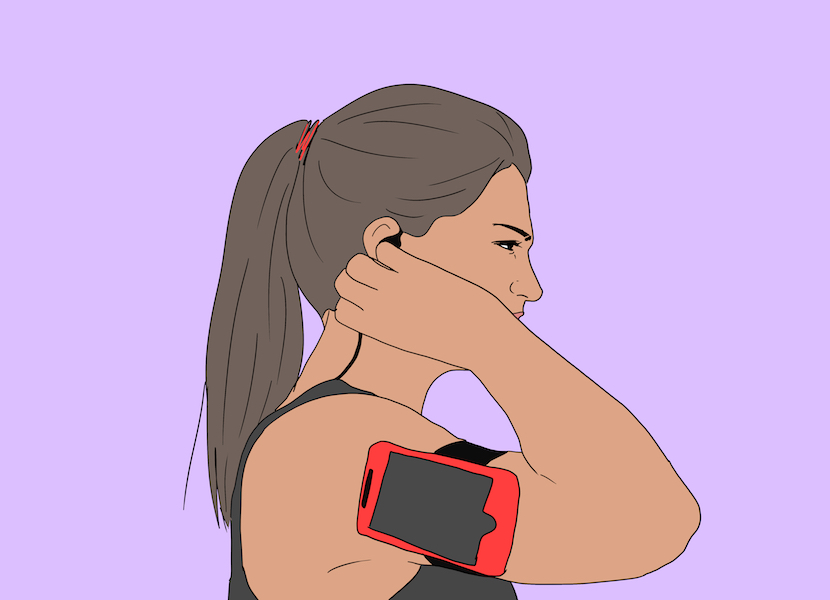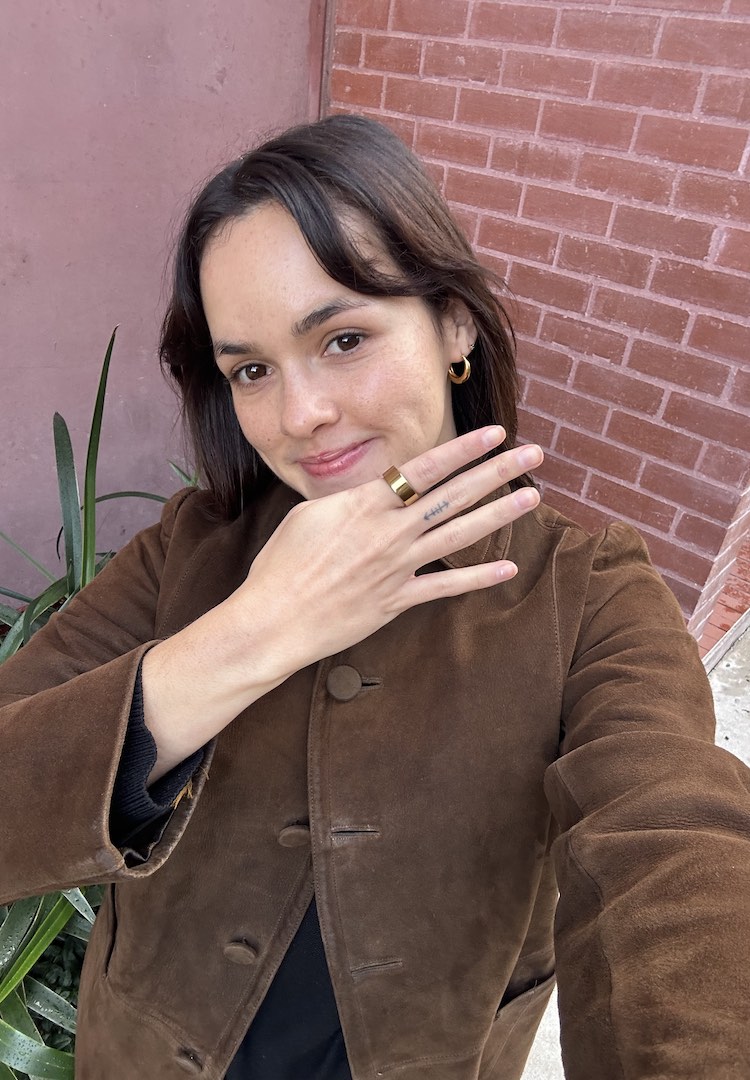Why I’ve mostly quit fitness apps
Illustration by Twylamae
One day I just gave up.
With age, comes wisdom – or so they say. And for me, this means coming to terms with some hard personal truths. For starters, I undoubtedly, irrevocably have an addictive personality. Give me a new podcast, and I’ll immediately plug in the earbuds. Give me a book recommendation, and I’ll add it to my Goodreads mid-conversation (friend me). Which is why, towards the end of 2018, I decided to give myself a *pseudo-break* from fitness apps.
Ever since “10,000 steps a day” became lodged in my mind years ago, I’ve been an avid logger of any and all athletic activity. My weekly routine was broadly on display for anyone who bothered to follow: Monday cycle, Wednesday yoga, Saturday walk and so on. Right down to the minutes (and seconds) I would spend stretching post workout. How far did I go? How long did I take? How many calories did I theoretically burn? It was all tracked, logged, thrown into the cloud – wherever that actually might be.
But then I just couldn’t be arsed one day. What was I actually getting out of the constant logging? I had a digital tick against my name – the modern pat on the back – but…the end.
Truthfully, it scared me when I stopped and thought about it:
- Does Apple know too much about me? (Answer: YES). Even the hours I slept last night, the amount of alcohol I consumed and the steps I took.
- Could all this tracking be a signal of something more sinister? Is there a darker side to these apps, blurring the lines between positive reinforcement, community and obsessive behaviour?
This is a lot to consider, especially for one without a Psychology degree. But here’s my take on it.
Clearly, fitness and health apps do have a purpose and a place in our lives. With over 260,000 of these available on the Apple Store, it’s an overflowing market, and we’re invested (even Chris Hemsworth is jumping on the wagon). For those hoping to lose weight or develop healthy habits, an app could be crucial to accountability, tracking and progress. Used the right way, these apps can be positively life-changing.
But, as with Instagram’s delivery of dopamine hits, the apps could likewise veer towards obsessive – borderline addictive – behaviours. For every person trying to get back to their healthy weight, there’s another struggling with body image, set on pushing themselves to the limit. In which case, the fitness app becomes a source of anxiety; a feeder of negativity and inferiority. It becomes an obsession; a need to continue a ‘streak’ of workouts or minimise calorie intake.
As a teen, my mind was consumed with this, and in many ways, it still is. But, looking back, I am forever grateful that the iPhone was a tool of the future. There were no apps to track every calorie I did or did not shovel into my mouth. There was no app to tell me how many I had conversely burnt off. Instead, I had the painstaking task of using a pen and paper (which got boring very quickly).
Now, with smartphones never leaving our side, it’s almost too easy. It’s too simple to satiate the desire and pay for an app that will tell us what to eat and which workout to do. We earn digital badges that keep us coming back day after day after day.
I have no solution, but for me, taking a breather from the anxious tracking was a (literal) weight off my shoulders. Even just for a little while. I’ll admit I haven’t completely cut the apps – the ones I value most are creeping back in – but my attitude towards them is much healthier. If I miss a day at the gym, only I will know (BTW, no one else cares anyway). I’m listening to my body and taking a break when she needs it. And when I’m working out, I’m in the moment – I’m not running to meet an end kilometre goal; I’m running just because I like it.
I’ve still got a long way to go in my relationship with myself, but if I have any piece of wisdom, it is this: Give yourself some slack. Step away from the screen. And do it because you want to, not because you “have” to.













